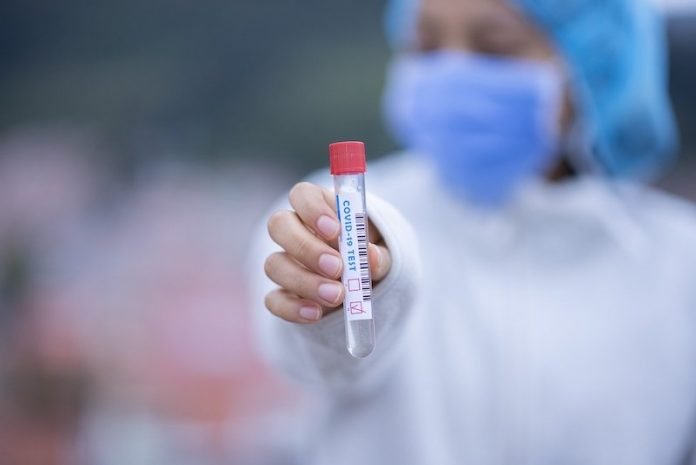
After having COVID-19, most people’s bodies develop antibodies to help fight it off.
These are special molecules made by the body’s disease defense system, the immune system. A study found that people with these antibodies were less likely to get COVID-19 again.
Researchers looked at more than 3 million people who had an antibody test for SARS-CoV-2. SARS-CoV-2 is the virus that causes COVID-19.
They found that about 11% of people had SARS-CoV-2 antibodies. More than 88% had a negative test. And less than 1% of tests were inconclusive.
The scientists looked at who came down with COVID-19 after the test. They analyzed up to 30 days, 31–60 days, 61–90 days, and more than 90 days after.
About 3% to 4% of people with negative antibody tests got COVID-19 in each time period. But those who had antibodies were less likely to have COVID-19 as time went on.
Only 0.3% of the people with antibodies had a positive COVID-19 test more than 90 days after. Those without antibodies were 10 times more likely to get the disease.
The findings suggest that people who have a positive result from an antibody test may be at lower risk for future infection with SARS-CoV-2.
NIH’s Dr. Lynn Penberthy, who led the research team, explains that more questions still need to be answered. “We are nevertheless encouraged by this early finding,” she says.
If you care about COVID-19, please read studies about this drug can be highly effective in treating COVID-19 and findings of this two-drug combo shows promise for treating COVID-19.
For more information about COVID-19 treatment and prevention, please see recent studies about a big signature of severe COVID-19 and results showing that COVID-19 death in obese people isn’t caused by inflammation.



